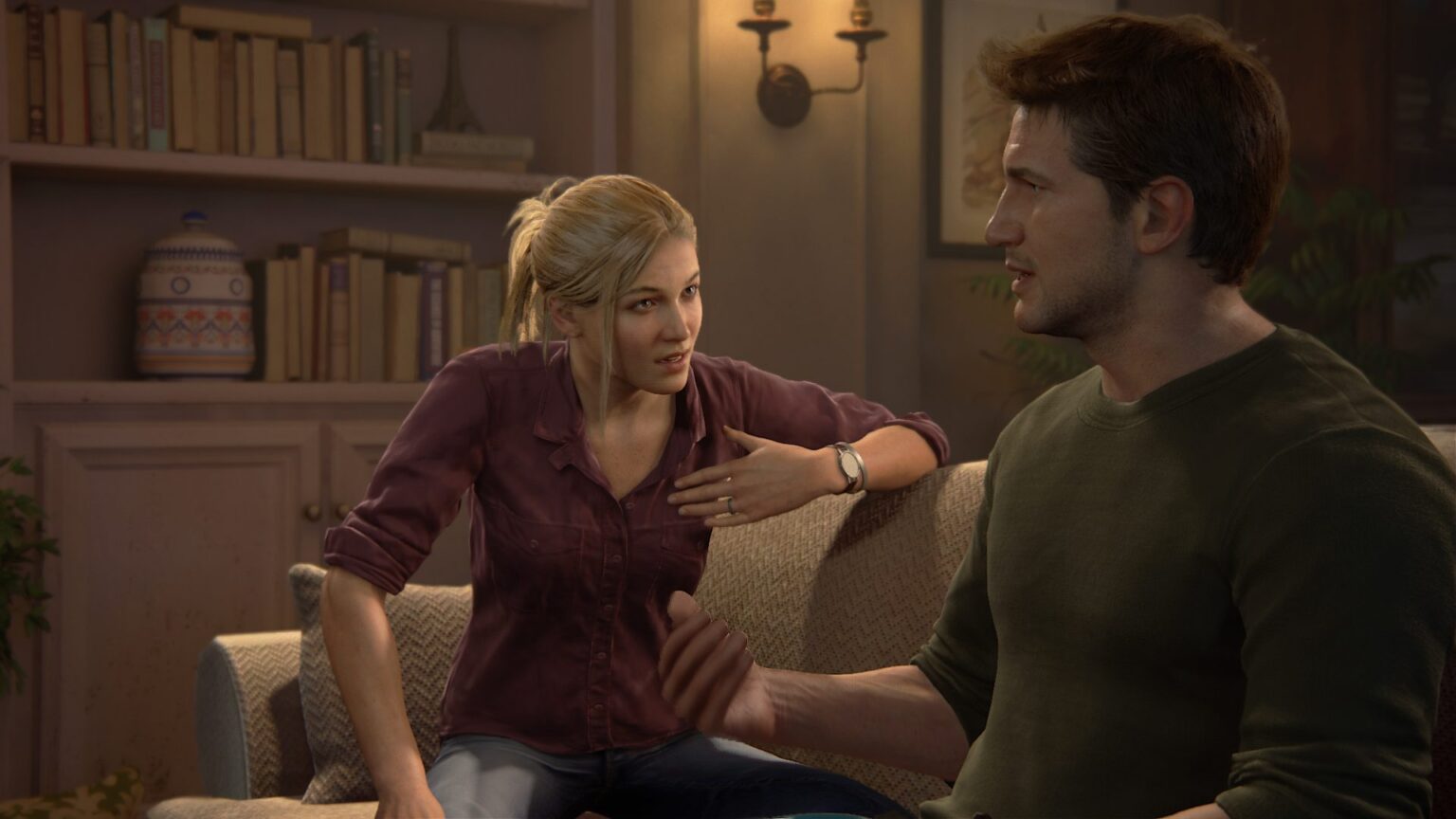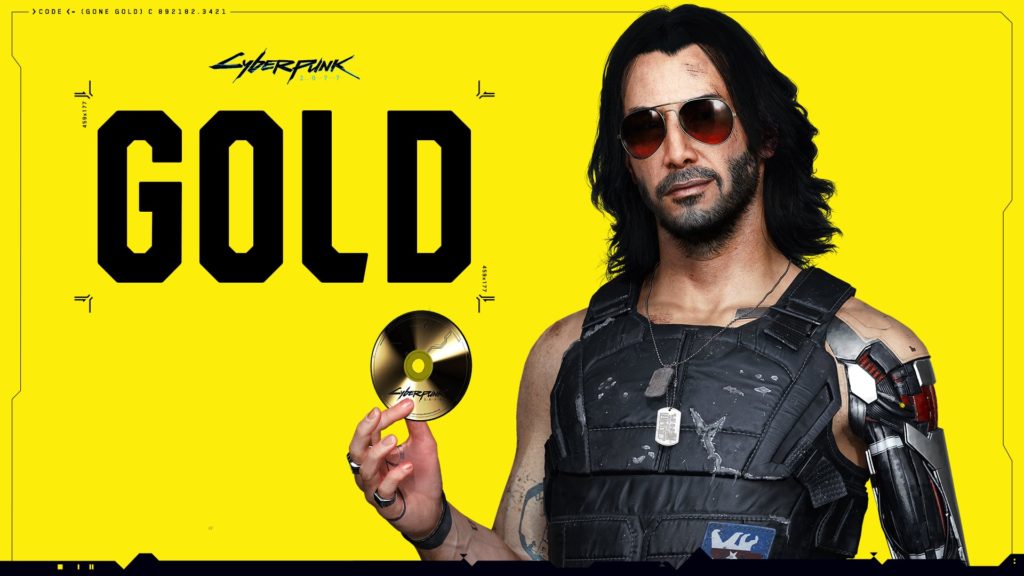Before you read on, please do understand why I have to express this as I already noticed that there are a lot of “heat” going on with successful games having low scores. If you think this article or blog post is a clickbait, then please don’t continue to read or even say that it’s “clickbait”. Please do give some respect for this short write-up in response to authors/journalists comment about Uncharted 4: A Thief’s End or any games in general. Do note, this is not a rant.
We all know how big of a success Naughty Dog’s latest Uncharted 4: A Thief’s End is. What I want to express to all gamers out there who actually have negative feedback of the game – I respect your opinions. Here’s the thing, as journalist, it’s actually our job to provide our readers and visitors the review they actually need: a balance of opinion and facts. I know some of the video-games websites review policy is to be either more objective or subjective. That’s their rule. But all of you journalists/reviewers should know the consequences. If you can back your opinions with facts of why the gameplay was bad, or if the pace of the game is really slow that it makes the game less interesting and takes more time, then that’s good. With all facts that you can provide, then you should have a better stand of defending your opinion. BUT… there’s a big BUT – don’t deny the facts that there are times when you want to state that the game was actually good, but still you have to force yourself not to because it hurts your view of the game, and you think that posting a long article with full of rants about the game will do any good for you, the author, and for your site – reality? It’s not going to do you any good at all.
Let’s be open-minded when it comes to criticism. If people don’t agree with your point and you have clearly explained and showed why you didn’t like the game, then stand up for it. Don’t go into a war with your viewers as this is not a good relationship with them if you just bash them or shut them out from your website. Be realistic. Accept those cold-real comments from people in our gaming community and learn from it. When we review games, it doesn’t mean we have to go into the “norms” because GameSpot or IGN scored a game a 9 out of 10, then you have to follow because you don’t have a choice. No. You don’t.
As a reviewer, you DO NOT simply score it low because 1. You want to have more clicks on your article to boost your website rank, 2. Because you’re a fanboy and you hate the franchise, or 3. Get bad publicity. I know how it feels when we are told that “yes, Uncharted 4 was great and Tomb Raider sucked” especially if you’re a huge Tomb Raider fan. Then you feel bad about it, you try out Uncharted 4, realized the game was indeed great, but still write a negative review of the game simply because it hurts your pride.
Now aside from reviews, posting articles about why the game was actually a “fraud” or why it should not be crowned as “Game of the Year” despite the game’s success, then it goes back to me saying those 3 points in the previous paragraph.
I would like to simply state that I do not “agree” with articles stating that a game was bad just because they just don’t like it and they deny facts about the greatness of the game, but that doesn’t mean I don’t respect the writer’s opinion because I do. Everybody is entitled with their own opinion. But in the end, all of us should prepare for the feedback and criticism that may come.
Thank you for your time to read. I do really appreciate it.






